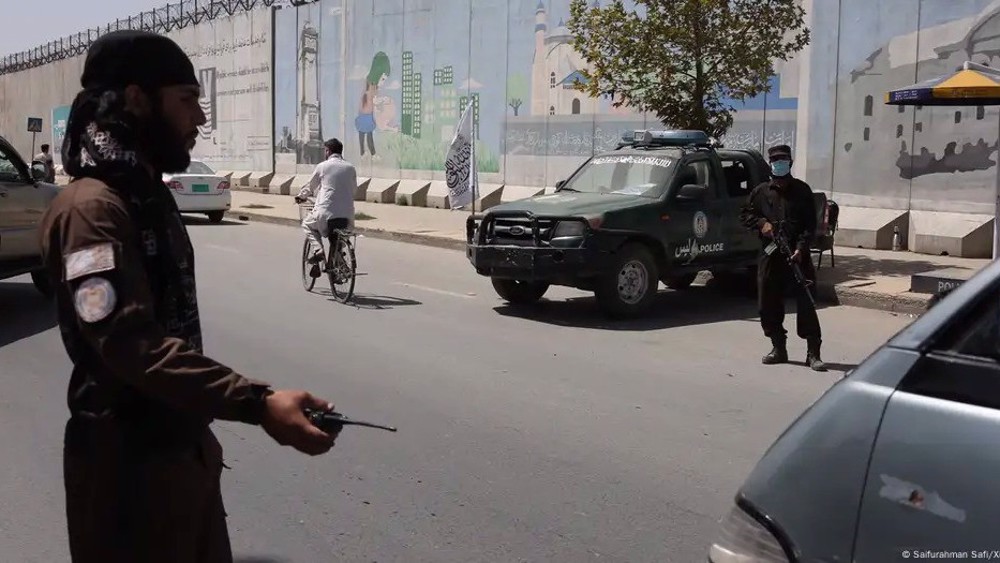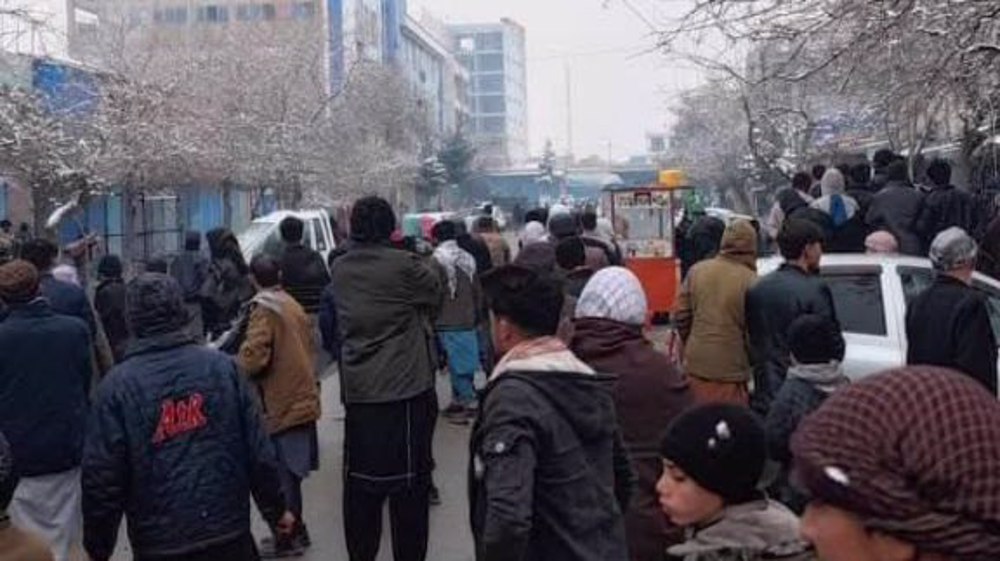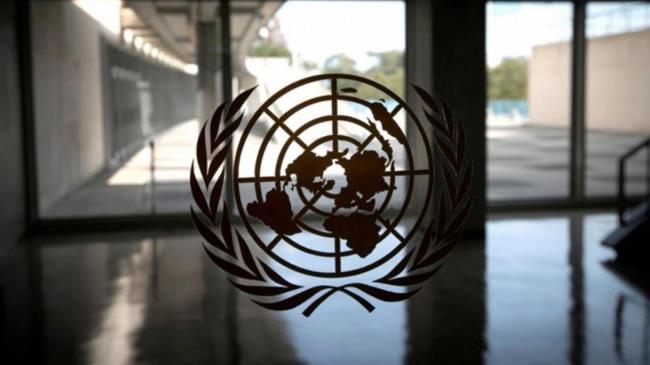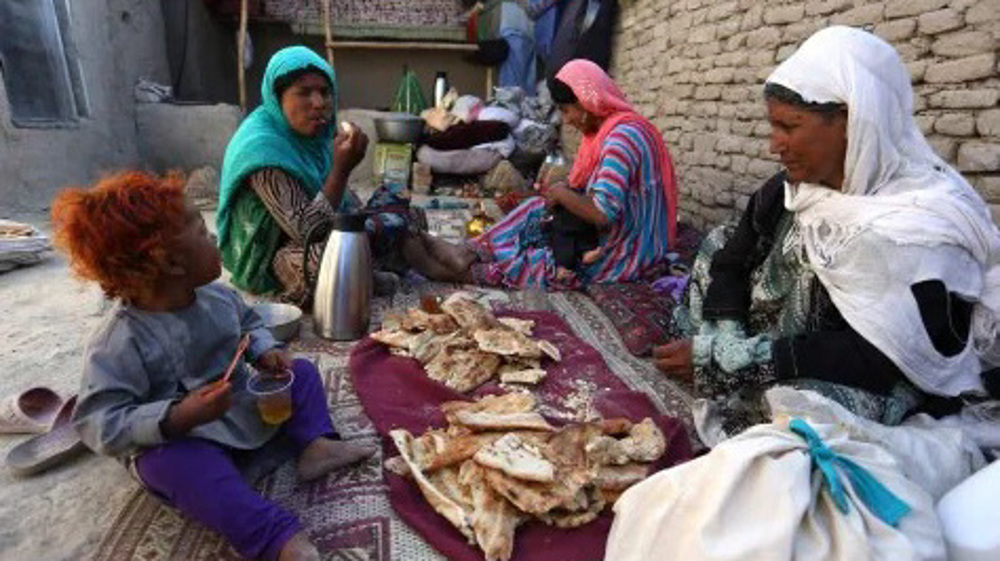UN warns about 'catastrophic' humanitarian situation in Afghanistan
The United Nations (UN) has raised the alarm about the “catastrophic” humanitarian situation in Afghanistan following years of conflict exacerbated by the US-led invasion of the war-torn country and the coronavirus pandemic.
Wafaa Saeed Abdelatef, a senior aid official of the UN Office for the Coordination of Humanitarian Affairs (OCHA), made the warning on Friday, saying at least one third of people across Afghanistan were expected to be facing hunger.
"Humanitarian needs are catastrophic, are at large-scale and are increasing," Abdelatef said at a virtual briefing. "These humanitarian needs are coming from decades of conflict, compounded by drought and COVID-19."
The UN has appealed for $1.3 billion to reach 16 million people in Afghanistan this year, but an $800-million gap remains. UN officials on Friday put in an urgent request for $800 million to fill the chronic funding gap for Afghanistan.
The world body has also warned that low supplies of food aid could plunge the country into a humanitarian disaster once winter arrives.
Earlier in the week, the UN’s World Food Programme (WFP) warned of a looming humanitarian crisis in Afghanistan as supplies of food aid deplete.
The WFP has previously warned that one-third of Afghanistan’s 38 million people were already at risk of acute hunger. Furthermore, the country is facing its second severe drought in three years and the socioeconomic impacts of the COVID-19 pandemic.
The United States and its NATO allies invaded Afghanistan in 2001 under the pretext that the Taliban militants were harboring al-Qaeda. The invasion removed the Taliban from power but it worsened the security situation in the country.
The militants intensified their offensive and rapidly overran major Afghan cities in recent weeks, as the US-led foreign forces enforced what was seen as a hasty withdrawal.
The Taliban laid siege to Kabul on August 15, forcing the then Afghan President Ashraf Ghani to flee the country on the same day.

Taliban says US has lifted $10 million reward for information on deputy chief Haqqani

Deadly bombing attack targets Taliban ministry building in Kabul

Daesh claims deadly bombing attack in northern Afghanistan
IAEA director speaks with Araghchi about Iran-IAEA cooperation
US airstrike on Yemeni capital kills 8 people
VIDEO | Iran multilayered diplomacy
VIDEO | Press TV's news headlines
Iran more than halved its power grid losses to 10% in 16 years: Expert
Abbas names likely successor in move deemed ‘illegitimate, divisive’
Illegal Israeli settlers attack Palestinian school in occupied West Bank
VIDEO | Israeli forces tighten siege on Jenin refugee camp








 This makes it easy to access the Press TV website
This makes it easy to access the Press TV website